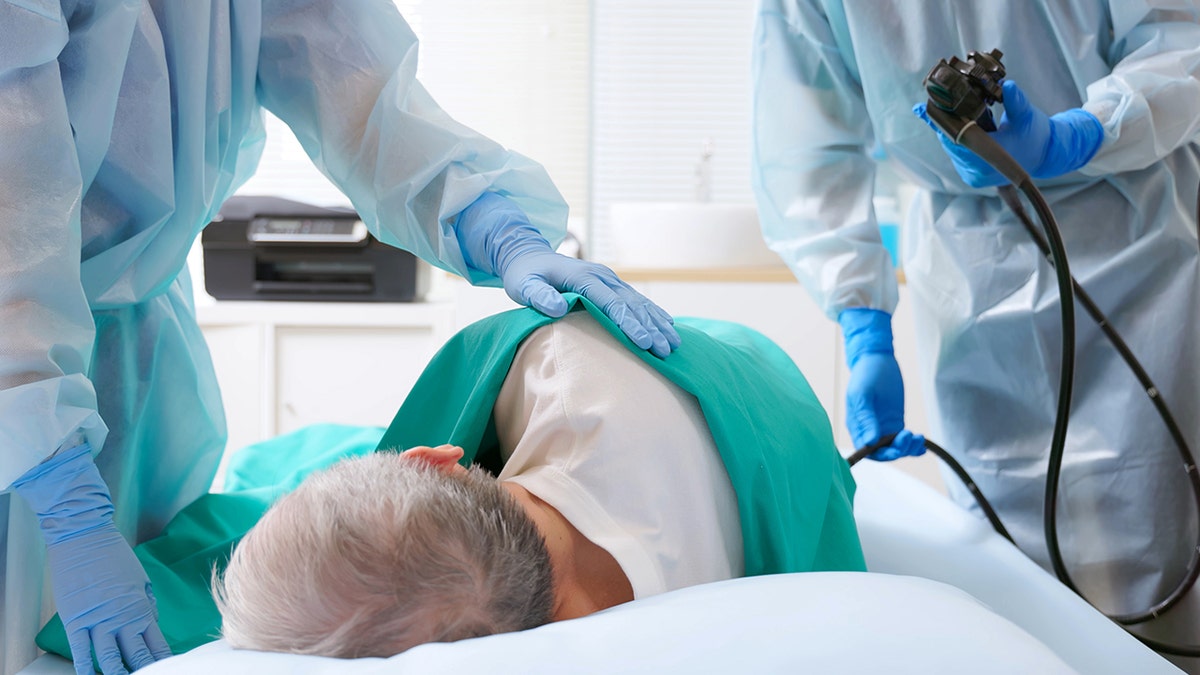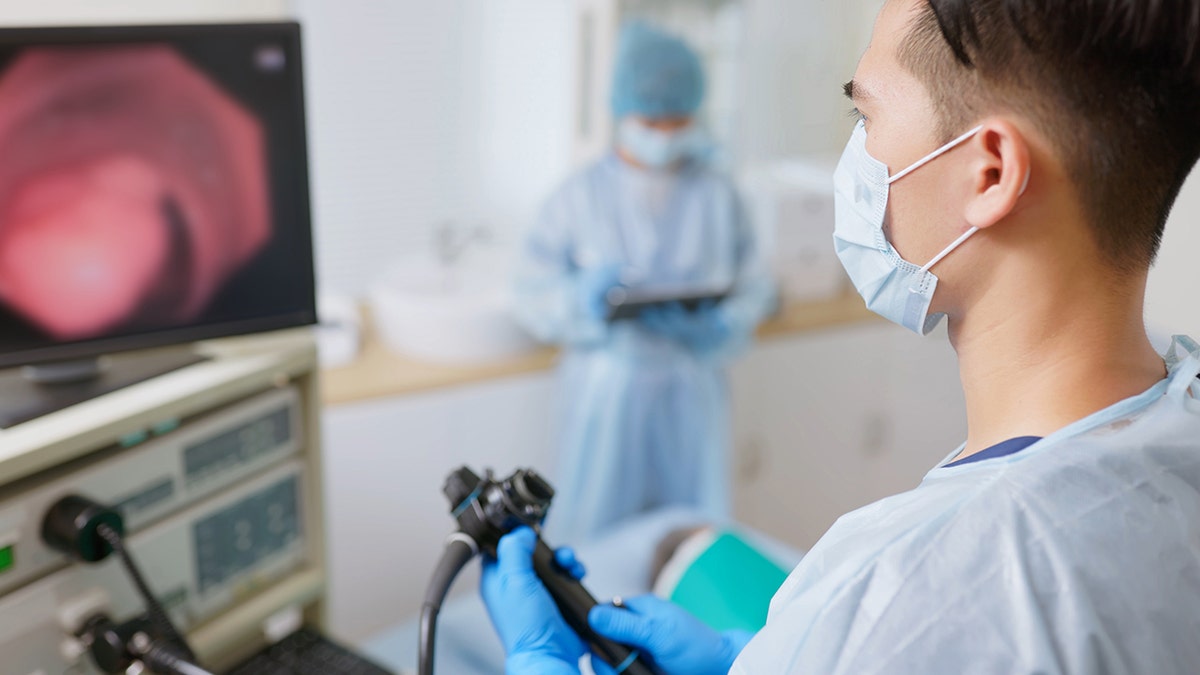NEWYou can now listen to Fox News articles!
Long-distance running, like marathons and ultramarathons, may not always be the health badge we thought it was. In fact, it could increase your cancer risk, according to a new study out of Virginia.
Dr. Timothy Cannon of the Inova Schar Cancer Institute began work on the study, which was presented at the 2025 American Society of Clinical Oncology (ASCO) Annual Meeting in Chicago, after noticing ultramarathoners under 40 were showing up with advanced colon cancer.
To dig deeper, he launched a study of runners who had completed at least five marathons or two ultramarathons, excluding those with family history or other known risk factors.
RISK OF COLON CANCER SLASHED BY EATING SPECIFIC TYPES OF VEGETABLES, STUDY FINDS

The study used 100 participants between the ages of 35 and 50 who had completed at least five marathons or two ultramarathons. (iStock)
“The study supports the hypothesis that extreme endurance runners have an increased risk of precancerous polyps,” Cannon told Fox News Digital.
Researchers examined 100 participants between the ages of 35 and 50 who had never undergone a colonoscopy but had completed at least five marathons or two ultramarathons. Individuals with hereditary cancer syndromes or inflammatory bowel disease were excluded to keep the focus on the potential impact of endurance exercise alone.
COLORECTAL CANCER MAY CAUSE THESE 4 HIDDEN WARNING SIGNS, EXPERTS SAY
Each participant had a colonoscopy done during the study. They also completed a survey about dietary habits, bowel history and long-distance running patterns.
He found that 15% had advanced adenomas, or pre-cancerous colon growths, compared to the normal 1–2% for their age group. Even more, a staggering 41% had at least one adenoma.

Each participant had a colonoscopy done during the study. (iStock)
Any growths discovered during the procedures were reviewed by a panel of gastroenterologists, pathologists and oncologists to determine if they met the criteria for advanced adenomas.
COLORECTAL CANCER DIAGNOSES SOAR AMONG YOUNGER ADULTS FOR ONE KEY REASON
“I was surprised by just how many of the runners had polyps,” said Cannon.
“I thought they may have more adenomas and advanced adenomas than expected for that age group… but I did not imagine that 15% would have advanced adenoma.”
The average age of the participants was 42.5, well below the typical screening age of 45.

Cannon says he “did not imagine” that 15% of subjects would have advanced adenoma, explaining the number was much larger than anticipated. (iStock)
Cannon and other experts theorize that intense endurance training might cause repeated “gut stress.” During prolonged runs, blood gets diverted away from the intestines, possibly triggering damage and inflammation. Over time, that might lead to mutations and polyps.
CANCER DEATHS HIT ‘ALARMING’ SURGE DUE TO COMMON HEALTH CONDITION, EXPERTS SAY
Experts caution the results aren’t definitive, noting the study lacks a control group and hasn’t yet undergone peer review. Still, the numbers might make you sit up and pay attention.
“We did not have a control group, so this raises the question as to whether or not there is some bias,” said the doctor, adding that the runners were mostly from the Washington DC area, and may have other common risk factors outside of running.

According to Cannon’s patients, many gastroenterologists dismiss bleeding after running as a normal event. (iStock)
He also acknowledged the research didn’t account for detailed family histories, which could have influenced the results.
‘WESTERN DIET’ BLAMED FOR GROWING RISK OF GI CANCERS AMONG YOUNG ADULTS
Despite the results, it’s not a sign to ditch running completely.
“Let me first say that people should continue exercising,” Cannon stressed. “We have far more problems from not exercising than from exercising too much.”
He added that exercise decreases your risk of cancer overall, despite this study supporting the idea that extreme doses of exercise, such as ultramarathons, may increase risk of cancer.

The research did not account for detailed family histories. (iStock)
For those running extreme distances, it’s important to monitor symptoms such as bleeding, persistent diarrhea or abdominal pain.
MORE IN HEALTH NEWS
Bleeding after running is not to be considered normal or benign and someone experiencing it should seek medical attention.
CLICK HERE TO GET THE FOX NEWS APP
“As far as I know, there is no expert body of gastroenterologists that have stated that any rectal bleeding or blood in stool is not a cause for concern,” said Cannon.
CLICK HERE TO SIGN UP FOR OUR HEALTH NEWSLETTER
“However, my patients are telling me that, in practice, many gastroenterologists dismiss bleeding after running as a normal event.”








